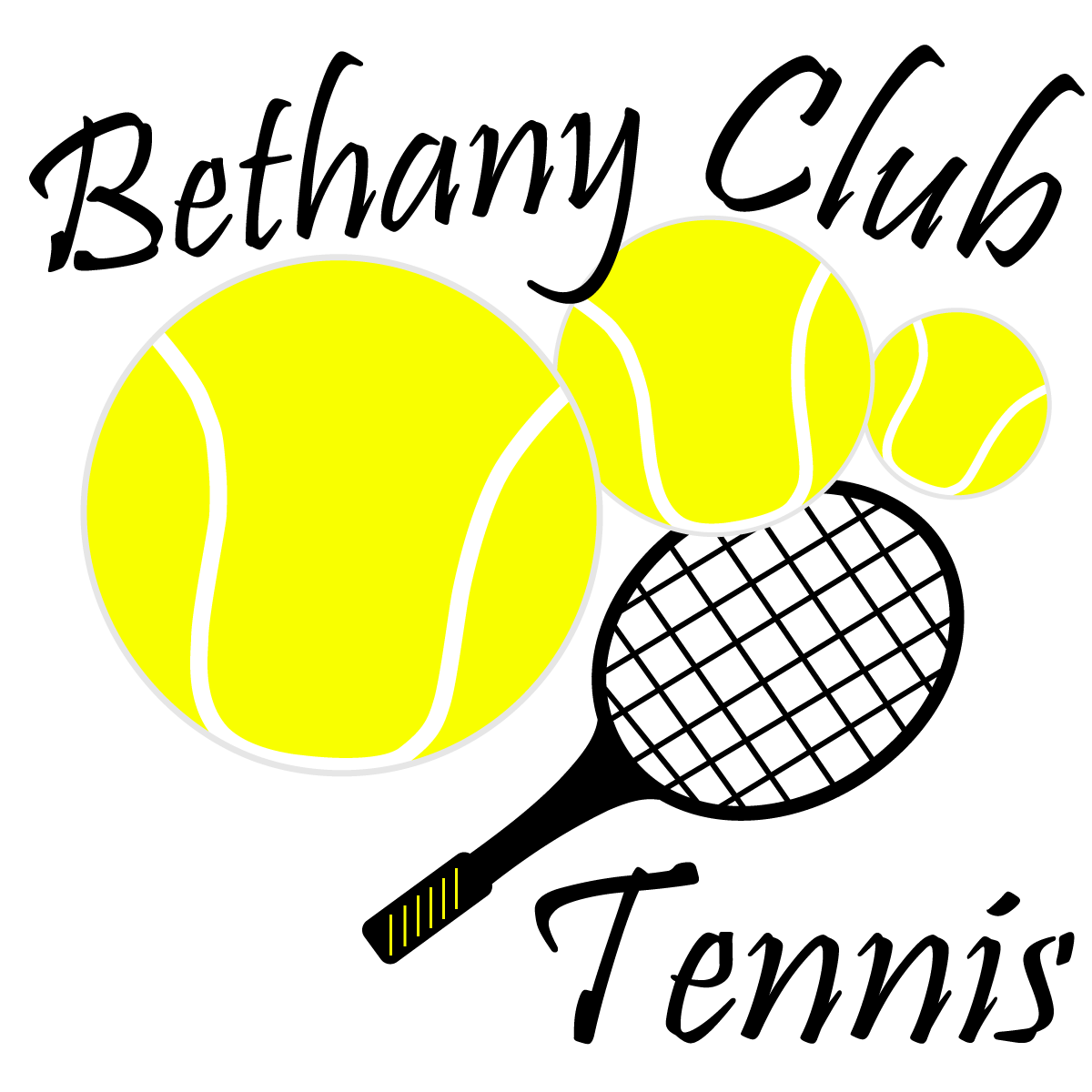
The Forehand
The forehand, one of the most essential shots in tennis, can become one of the biggest weapons in a player’s game. Elliott Pettit of USTA Player Development at the USTA National Campus in Orlando, Fla., shares some tips for beginners, intermediate and advanced players that can guide you as you look to make improvements in your forehand.
Learning the Forehand: For Beginners
Making contact with the ball: Try to make contact with the ball when it is not directly in front of you. If you are right-handed, you should make contact a little off to your right side. The ball should be a little bit in front of you. You should be in a similar position as you would be when turning a doorknob.
Racquet-face control: Beginners often struggle with racquet-face control and then lose control of the ball. It is very important to be mindful of how you hold the racquet and how that changes the directions the strings face because wherever your racquet face is pointing the moment that you make contact with the ball, that is where the ball is going to go. When you are just starting out, the goal should be to get the ball in play. As you get a little better, try to get it in but in the direction you are aiming for. So focus on controlling your racquet face and where it is pointing the moment you make contact with the ball.
Grip: People can hold a racquet in many ways. Ultimately, the way you hold the grip translates to how the racquet face is pointing, so it really doesn’t matter which grip you use as long as you are able to control the racquet face. The most important thing, in terms of holding on to a racquet, is that you aren’t trying to choke the life out of it. In terms of a scale from 1 to 10, if 10 is the absolute tightest you can grip the racquet, you want your grip to be at about a 3.
Swing: The harder you swing, the farther the ball is going to go. The most important thing is to be able to keep the ball on the court when you are a beginner, so keeping your swing at a level that you’re able to keep the ball on the court is your No. 1 priority.
Footwork: In general, try to be as light on your feet as possible. It shouldn’t sound like a herd of horses on the court when you’re playing.
Intermediate Players: Improve Your Forehand
Your swing should now incorporate more parts of your body, and it should be getting a little bit longer and a little bit faster. At this point, players should be experimenting and getting comfortable with the different spins they can put on the ball – underspin and topspin – and understanding the different racquet-face angles that produce each of those spins.
For topspin, you’re going to be brushing the ball from lower to higher – essentially 6 o’clock to 12 o’clock on a path of the racquet face. And then with underspin, it’s more the opposite – 12 o’clock to 6 o’clock.
Master the Forehand: Advanced Players
At the advanced level, a player should be able to identify both their favorite shot and also the shot that their opponent doesn’t like to hit, and it should be their game plan to try to hit their favorite shot to their opponent’s least favorite shot as much as possible. The more advanced you become, the more you start to actually game plan your strengths and how they match up with your opponent’s weaknesses.
Also at this level, you should be proficient with the spins and be able to win points off your racquet, rather than waiting for an error from your opponent. So don’t be afraid to go for your shots – the more you play and progress, the more confidence you’ll have in your forehand to win points in the big moments.
Source: USTA
To schedule a clinic or lesson, or reserve a court, please call 302-539-5111.
Bethany Club Tennis schedules all clinics and lessons on an individual basis. This allows us to better accommodate individual members and guests by updating our sessions daily during the peak season.
